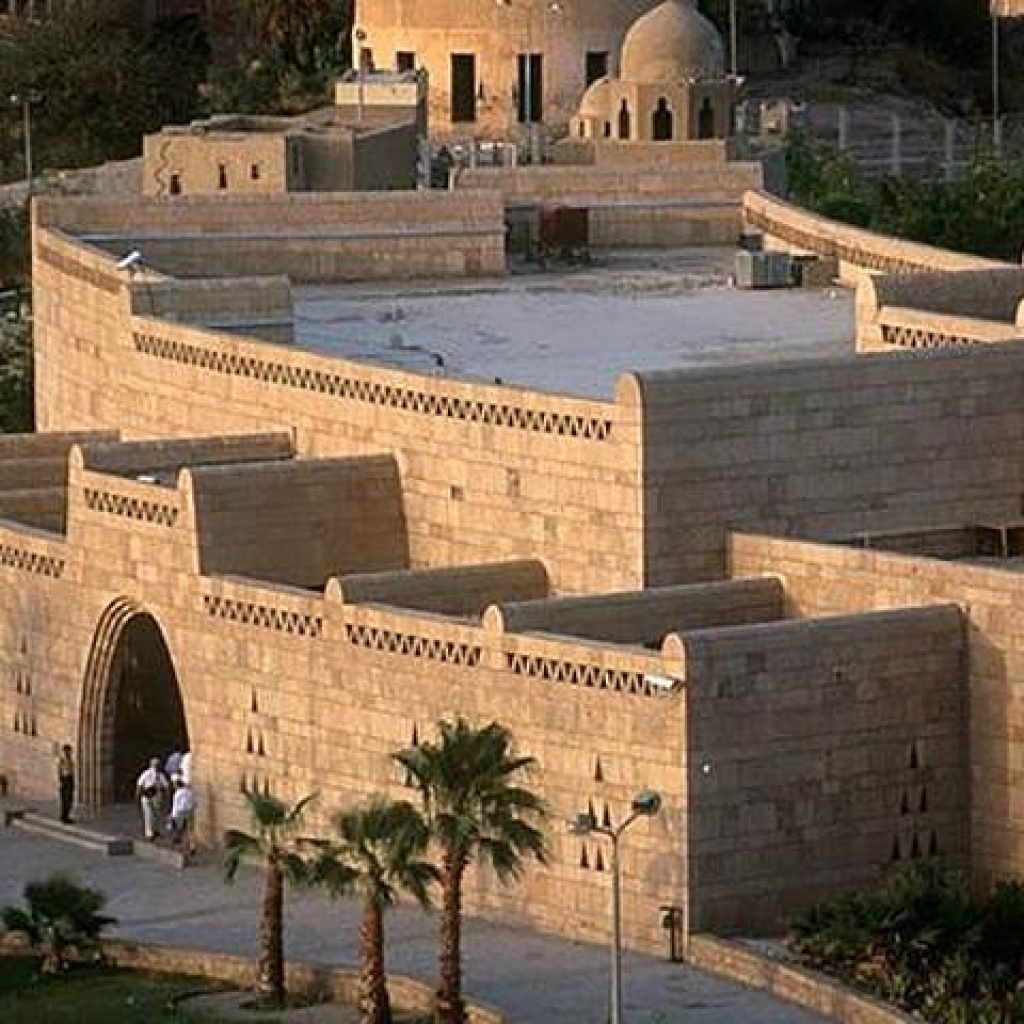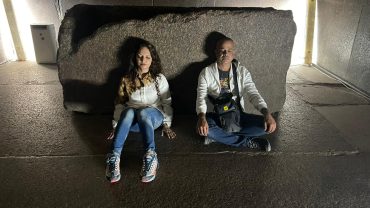Situated on the picturesque banks of the Nile River in Aswan, Egypt, the Nubia Museum stands as a beacon of cultural heritage, inviting visitors to delve into the mysteries of an ancient civilization. Established to preserve and showcase the rich tapestry of Nubian history, the museum is a testament to the endurance of a people whose roots predate the dynastic era of ancient Egypt. In this article, we embark on a journey through time, exploring the significance of the Nubia Museum and the captivating narratives embedded in its exhibits.
Unraveling Nubian History:
The Nubian civilization, a jewel of antiquity, unfolds within the walls of the Nubia Museum. This civilization, which predates its more famous neighbor to the north, flourished along the Nile and left an indelible mark on human history. Through meticulous curation, the museum unravels the unique stories of Nubian achievements, artistry, and daily life. Exhibits showcase artifacts that span the breadth of Nubian culture, revealing the sophistication of ancient craftsmanship, the symbolism inherent in jewelry, and the technological prowess evident in tools. The Nubia Museum thus serves as a portal to a bygone era, offering visitors a profound understanding of the Nubian people and their contributions to the world.
Architectural Marvel:
Beyond its role as a repository of ancient wonders, the Nubia Museum is an architectural marvel in its own right. Designed by the visionary architect Mahmoud El-Hakim, the building seamlessly integrates modernity with traditional Nubian architectural elements. Its structure, resembling a journey through time, becomes a metaphor for the transition from ancient Nubia to the contemporary world. The aesthetic appeal of the museum complements the historical narratives on display, creating an immersive experience that captivates visitors and enhances their appreciation for the Nubian civilization. The synergy between architectural brilliance and historical significance makes the Nubia Museum not only a repository of artifacts but a living testament to the cultural heritage it represents.
Exhibits and Artifacts:
The heart of the Nubia Museum lies in its meticulously curated exhibits, offering a comprehensive panorama of Nubian life. From pottery and jewelry to tools and religious artifacts, each piece tells a story of ingenuity and cultural richness. The intricate craftsmanship on display speaks to the artistic prowess of the Nubian people, while the artifacts themselves provide insights into daily life, religious practices, and technological advancements. The museum’s exhibits not only educate but also inspire a profound appreciation for the depth and diversity of Nubian culture.
Preserving Cultural Heritage:
More than a repository of artifacts, the Nubia Museum plays a crucial role in preserving and promoting Nubian cultural heritage. Aswan, strategically located at the southernmost tip of Egypt, has witnessed the ebb and flow of civilizations. The museum serves as a bastion against the erosion of Nubian identity, actively engaging in educational programs and community outreach. By fostering a sense of pride and continuity, the Nubia Museum ensures that future generations can connect with their roots, contributing to the ongoing narrative of Nubian cultural resilience.
Visitor Experience:
A visit to the Nubia Museum is a sensory journey that engages visitors on multiple levels. Carefully designed exhibits, multimedia presentations, and guided tours offer a holistic understanding of Nubian culture. The museum’s commitment to inclusivity ensures accessibility to diverse audiences, ranging from scholars and students to tourists from around the world. Beyond being a repository of history, the Nubia Museum becomes a living, breathing educational hub, inviting visitors to immerse themselves in the stories and legacies of the Nubian people.
Conclusion:
In conclusion, the Nubia Museum stands as a living testament to the enduring legacy of the Nubian civilization. Through its architectural brilliance, extensive collection, and commitment to cultural preservation, the museum invites the world to celebrate the richness and resilience of the Nubian people. As a cultural gem on the banks of the Nile, the Nubia Museum continues to unravel the mysteries of an ancient civilization, ensuring that the echoes of Nubian history resonate with generations to come.





Comment (0)